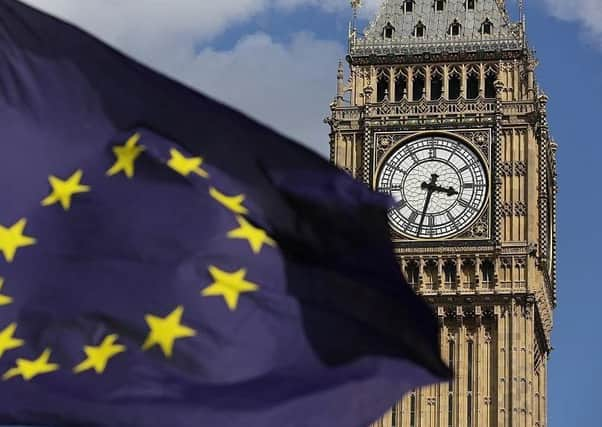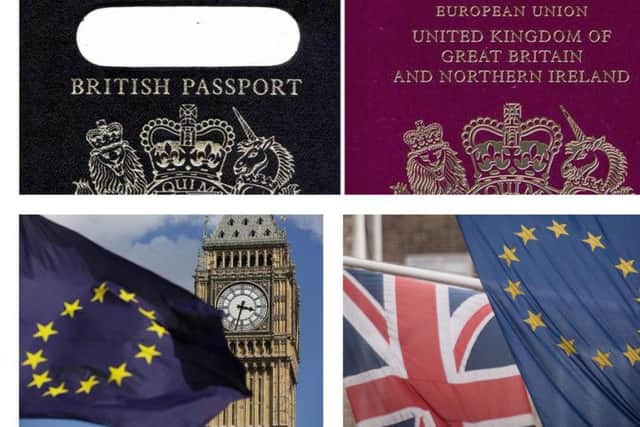Weak growth replaces Brexit as top concern for business leaders


Deloitte’s latest CFO Survey showed corporate uncertainty to be at a two-year low and that the Brexit transition deal had boosted business optimism.
Lack of demand in the UK economy was shown to be the highest concern of business leaders, ahead of Brexit, the prospect of higher interest rates and tighter monetary conditions in the UK and US.
Advertisement
Hide AdAdvertisement
Hide AdOverall, 20 per cent of CFOs described themselves as being more optimistic about the prospects for their company than they were three months ago, up from 18 per cent at the end of last year, with 14 per cent of CFOs saying that now is a good time to be taking risk onto their balance sheets.
The Brexit transition deal had a similar effect on risk appetite, with 12 per cent of those responding before the deal saying it was a good time to take on risk, compared to 23 per cent afterwards.
CFOs’ perceptions of uncertainty have fallen has fallen to a two-year low, with 31 per cent saying there is a high or very high level of financial and economic uncertainty facing their business, down from 38 per cent in Q4.
Deloitte’s figures also showed CFOs are becoming less pessimistic about the effects of Brexit on their spending and hiring decisions, with 25 per cent saying they expect their capital expenditure to shrink as a result of Brexit, down from 39 per cent last year.
Advertisement
Hide AdAdvertisement
Hide AdInternationally-focused companies, who derive more than 70 per cent of their revenues abroad, showed a clear focus on expansion, with moving into new markets their top priority.


However, those businesses deriving revenues largely from the UK are operating more defensively, with cost control as their number one priority.
Elsewhere cost control remains the main focus for CFOs over the coming 12 months, with 42 per cent citing it as a strong priority, and the majority of CFOs expect a rise in interest rates to at least 0.75 per cent within a year.
Stuart Cottee, practice senior partner at Deloitte in Yorkshire and the North East, said: “Brexit remains a major concern for UK CFOs, though one which, in the wake of the announcement of the transition deal, is easing.
Advertisement
Hide AdAdvertisement
Hide Ad“Concerns about the dampening effect on corporate spending plans remain, but they have softened. Importantly, for the first time in two years, Brexit is not the biggest risk CFOs say they face. Weak UK demand is cited as the top concern, though there is likely to be a relationship between the two. The effect of the transition announcement on this quarter’s survey results underscores the sensitivity of sentiment to developments in the Brexit negotiations. The moment of truth on Brexit is approaching.


“The UK government hopes to strike a deal with the EU and have it endorsed by Parliament this year. Whether it succeeds in doing so seems likely to be a major driver of business confidence through the rest of this year.”
Ian Stewart, chief economist at Deloitte, said: “The Brexit transition deal seems to have had a positive effect on the corporate mood with a clear uptick in optimism and risk appetite between those responding to our survey before and after the news from Brussels.
“We see a clear divide in the balance sheet strategies of CFOs in companies focused on the UK and those focused internationally. Those CFOs in businesses with major international revenues report a clear focus on expansion, capital spending and moving into new markets. However, their UK-focused counterparts are operating more defensively, prioritising cost control and cash conservation.”